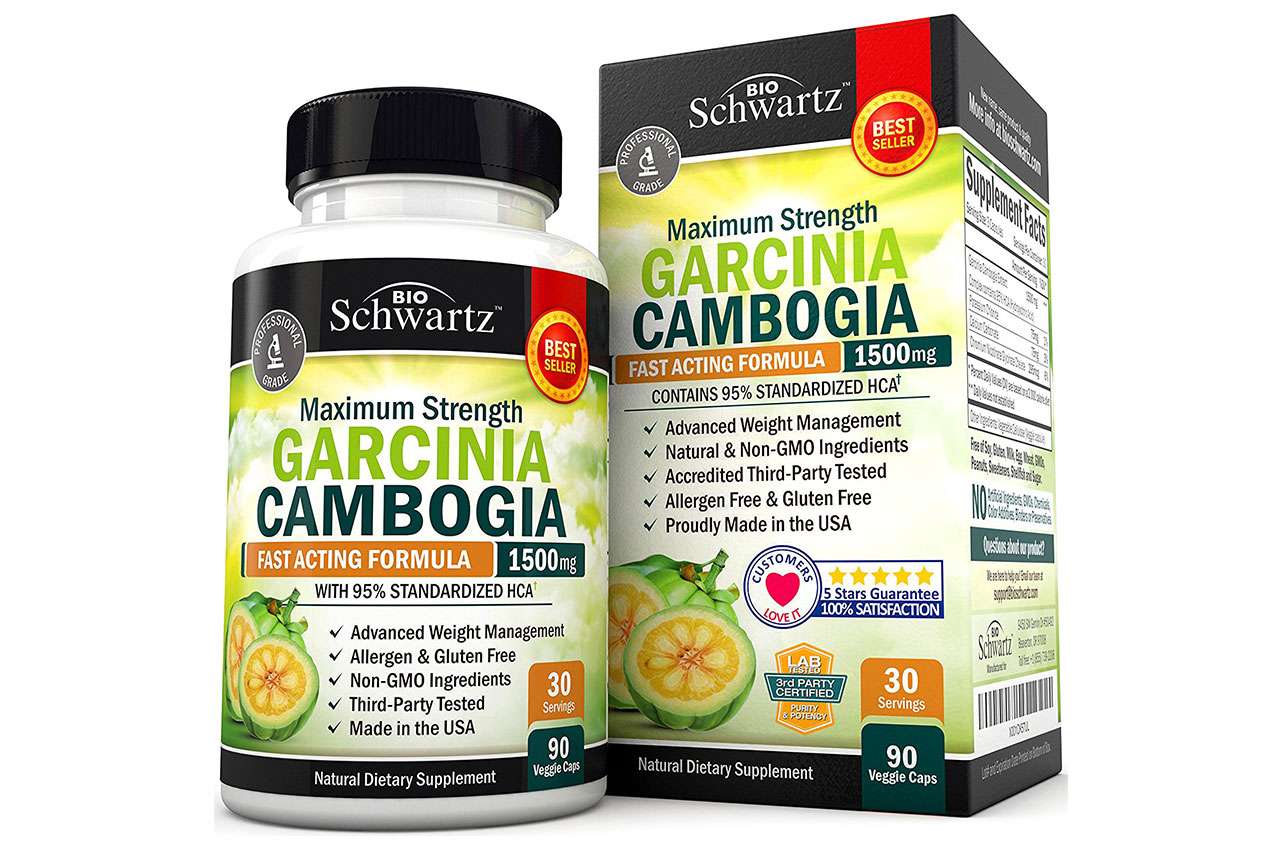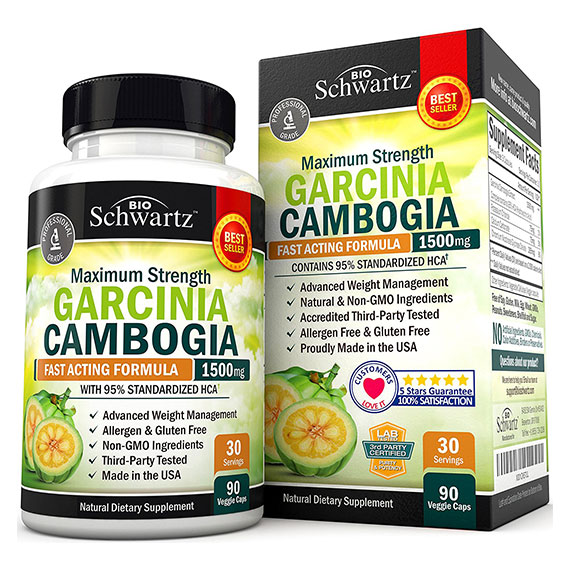You have been on a diet for a couple of weeks. The cravings are becoming uncontrollable and you constantly think of cheating on your diet.
Forget the feeling of guilt and meet your new best friends- Carb and fat blockers.
What Are Fat And Carb Blockers?
These are a group of substances, which block the digestion of fats and sugars, leading to a reduced caloric value of the food digested.
Logically, fat blockers interfere with the digestion of fats, and carb blockers impede the digestion of carbohydrates.
What Do Fat And Carb Blockers Consist Of?
There are two types of blockers, according to their influence on the body:
- Blockers that block digestive enzymes
- Blockers that bind to the food and give a feeling of satiety
Enzyme Inhibitors
This group of substances connect and block the digestive enzymes in the stomach, to stop their effect.
The food then is only partially processed as it passes through the system.
Ballast Substances
These substances connect to the food components and prevent them from being completely digested. These substances also give a fake feeling of satiety and suppress hunger.
What Can These Blockers Be Used For?
These supplements are used to sustain an individual’s diet, when his/hers will power is not strong enough, which, of course, leads them to reaching for high-calorie foods like fries, ice cream, chocolate, etc.
Ingesting the blockers, we actually lie to our brains that we took in the desired food. This way, appetite is satisfied, the insulin response is normal and the fat synthesis is moderate to none, according to the caloric balance of the individual.
The intake of such supplements should be planned and it is highly recommended not to take them every day and only if you have a specific approach to your nutrition, which will not restrict you from vitamins A, E and D.
Side Effects Of Carb And Fat Blockers
These supplements have one very significant disadvantage, which lays in the fact that they make your body digest food only to a certain extent. The partial digestion of the food may lead to side effects like a bloated stomach and constipation.
However, whether these side effects will show up or not, depends on the ratios of sugars and fats in the meal, which will then be neutralized with the blocker.
The bigger the portions, the more likely it is for side effects to appear. Regular intake of this supplement may lead to an expanded stomach, caused by the constant bloat-effect.
Other risks with the intake of blockers, are the lowered vitamin/fatty acids intake, due to the incomplete digestion, which may impose additional vitamin supplements.
Who Should Not Use Fat And Carb Blockers?
These supplements are not recommended for pregnant or breastfeeding women, or people with chronic stomach diseases.
What Should You Avoid Combining Blockers With?
Blockers should not be combined with:
- Digestive enzymes, due to the fact their effect is neutralized
- Any supplements that are in an oil capsule
How To Dose Carb Blockers?
Optimal doses highly depend on the type of blockers, as well as the amount of food to neutralize.
It is best to follow the recommended dosages, which are written on the pack, or even take advice from your trainer or nutritionist, to come up with the best possible dose for you specifically.
How To Take Carb Blockers?
Blockers are only taken with food, mainly because that is what they actually have an effect upon.
So, in conclusion we can say that sticking to a nutrition plan that gives you all your daily food requirements would be better than eating at a caloric surplus and taking blockers.
However, if you decide to take blockers anyways, make sure to dose them correctly and not rely on them completely.
MeanMuscles Recommendation: Garcinia Cambogia 95% HCA Pure Extract With Chromium
Garcinia Cambogia 95% HCA Pure Extract With Chromium
Fast Acting Appetite Suppressant, Extreme Carb Blocker & Fat Burner Supplement for Weight Loss & Fat Metabolism Best Garcinia Cambogia Diet Pills



